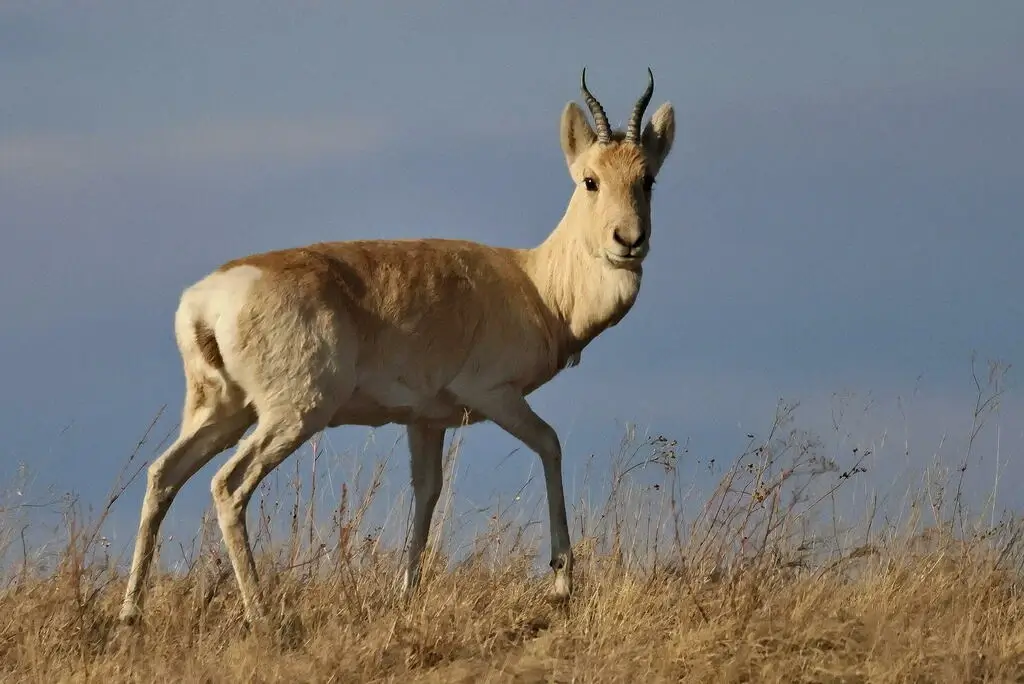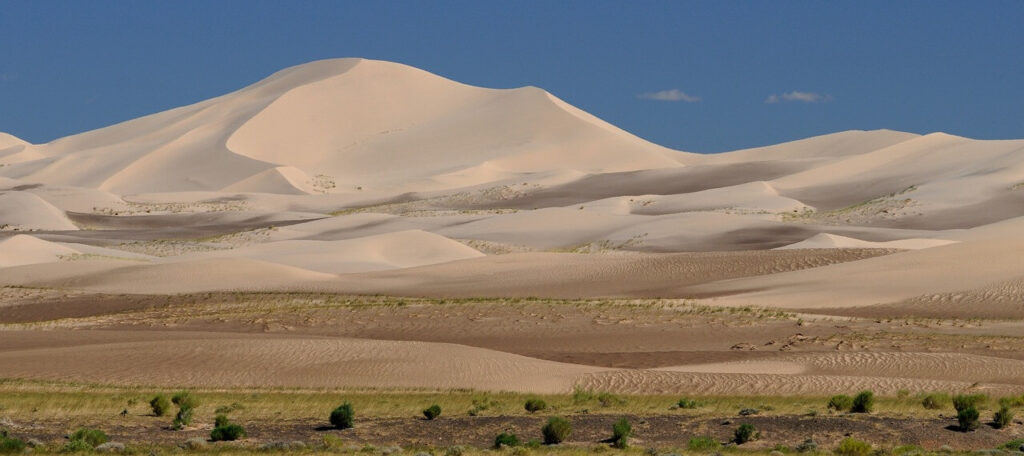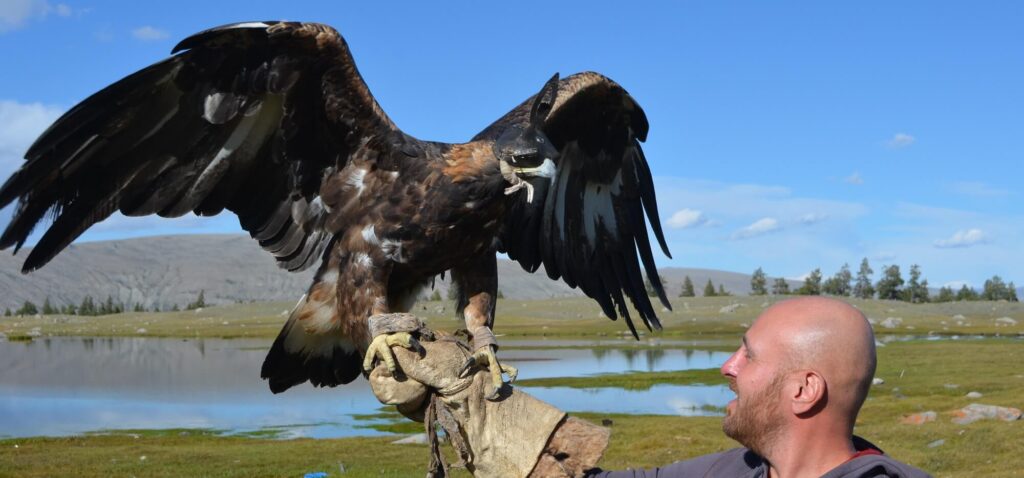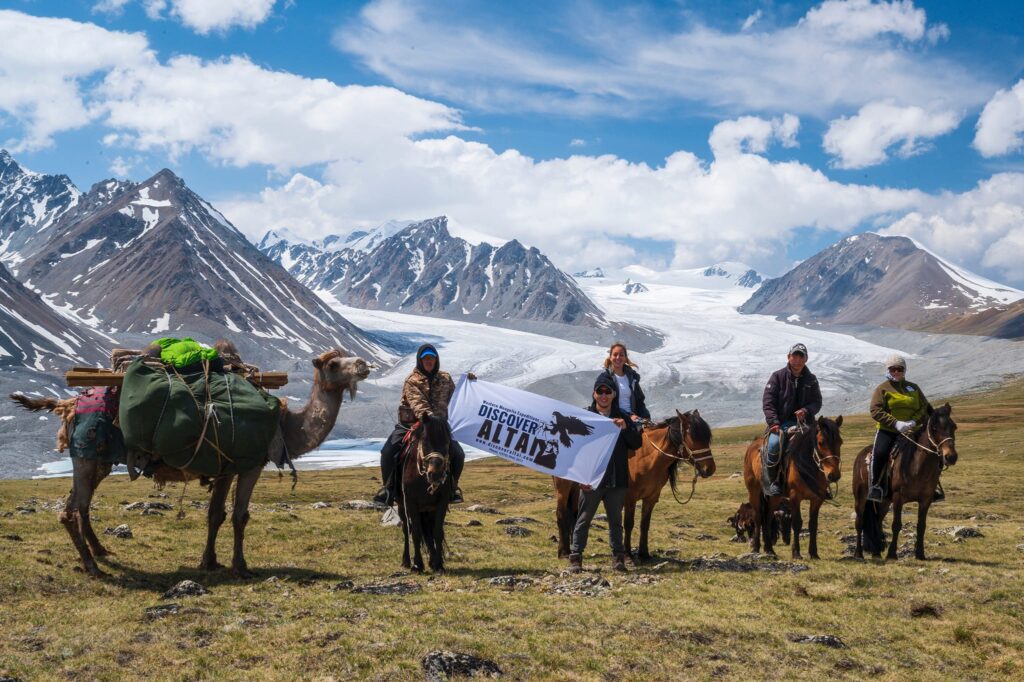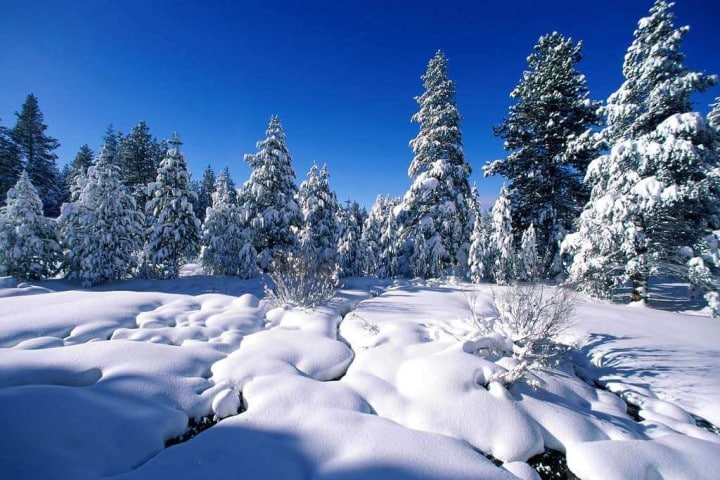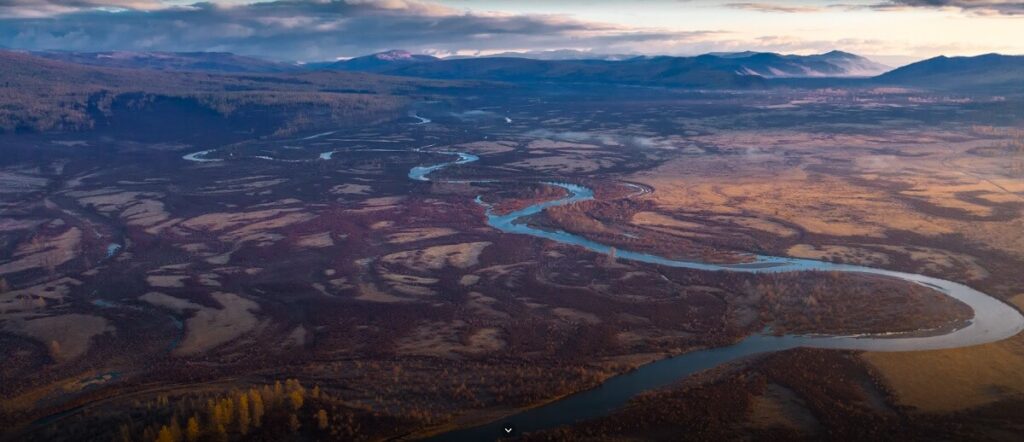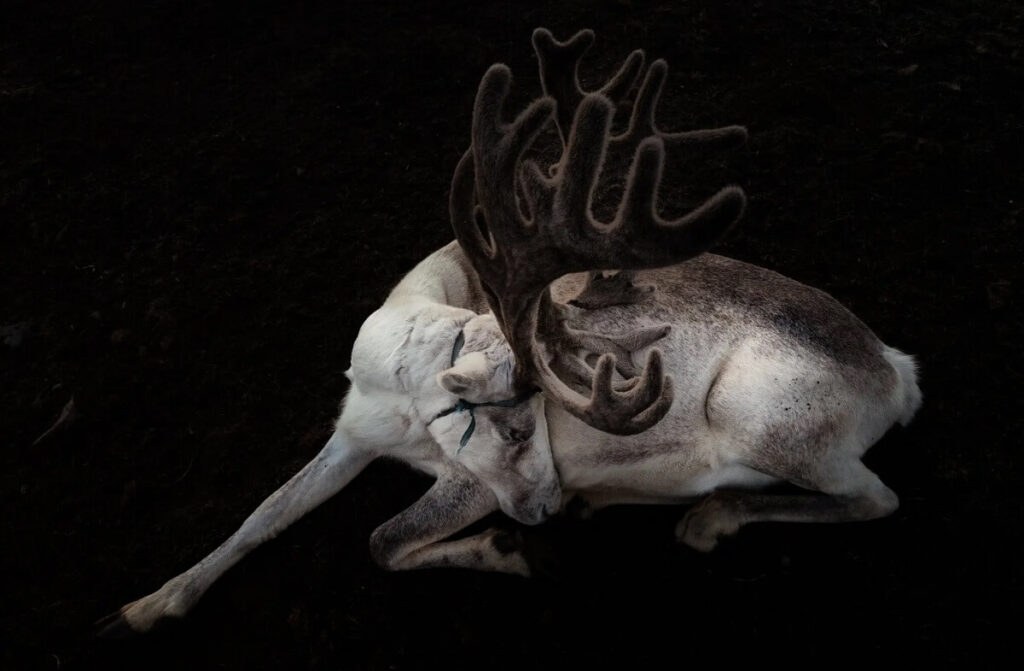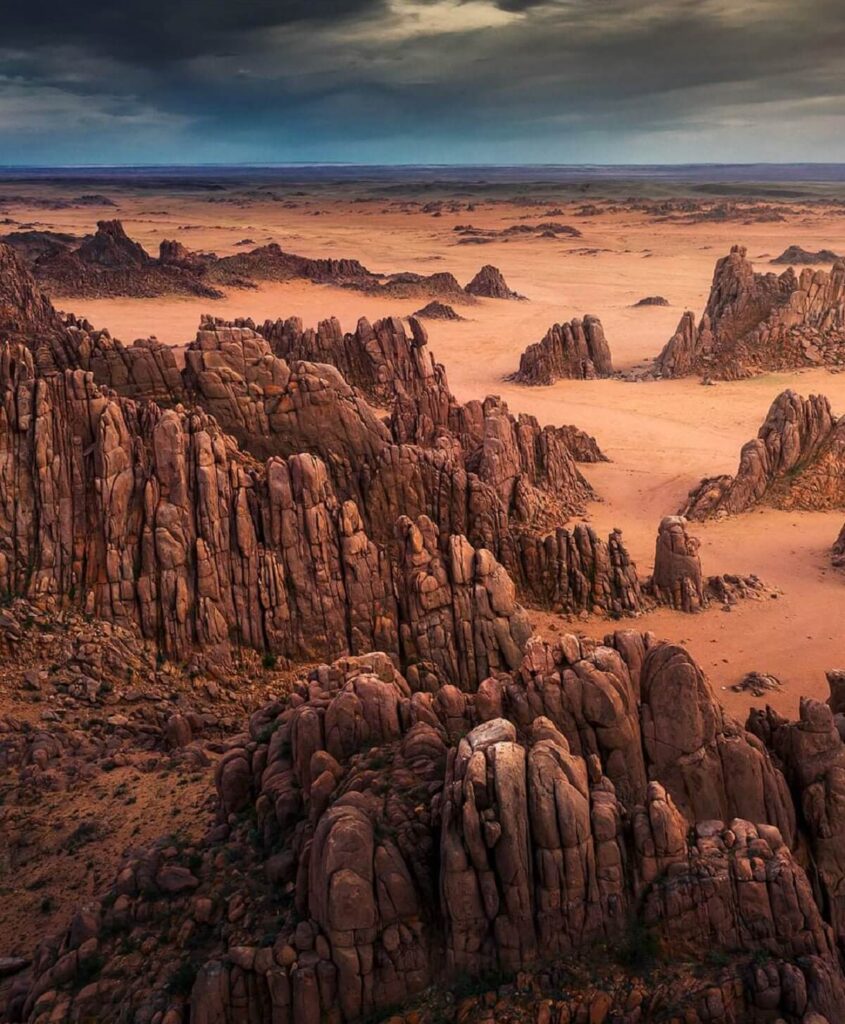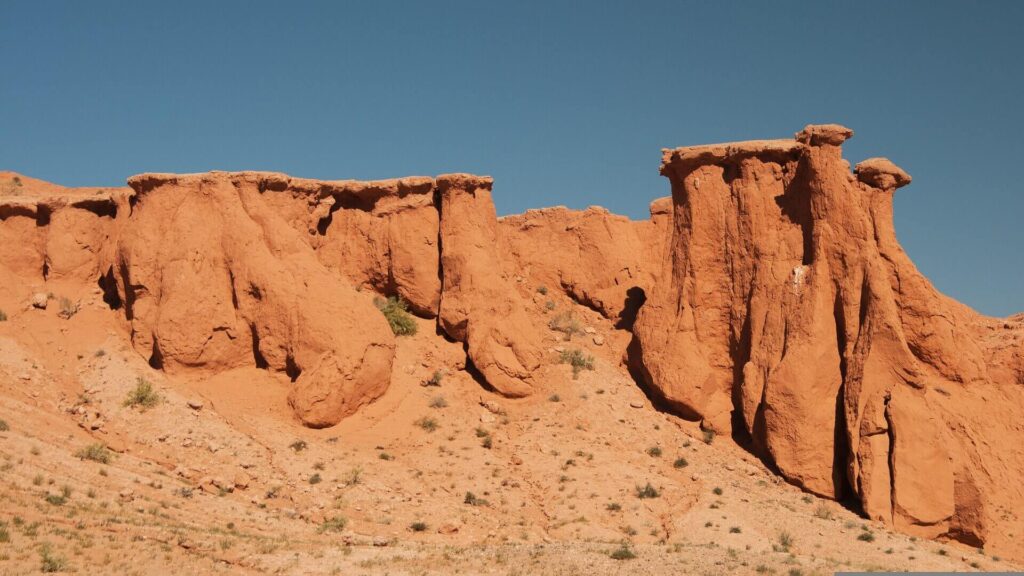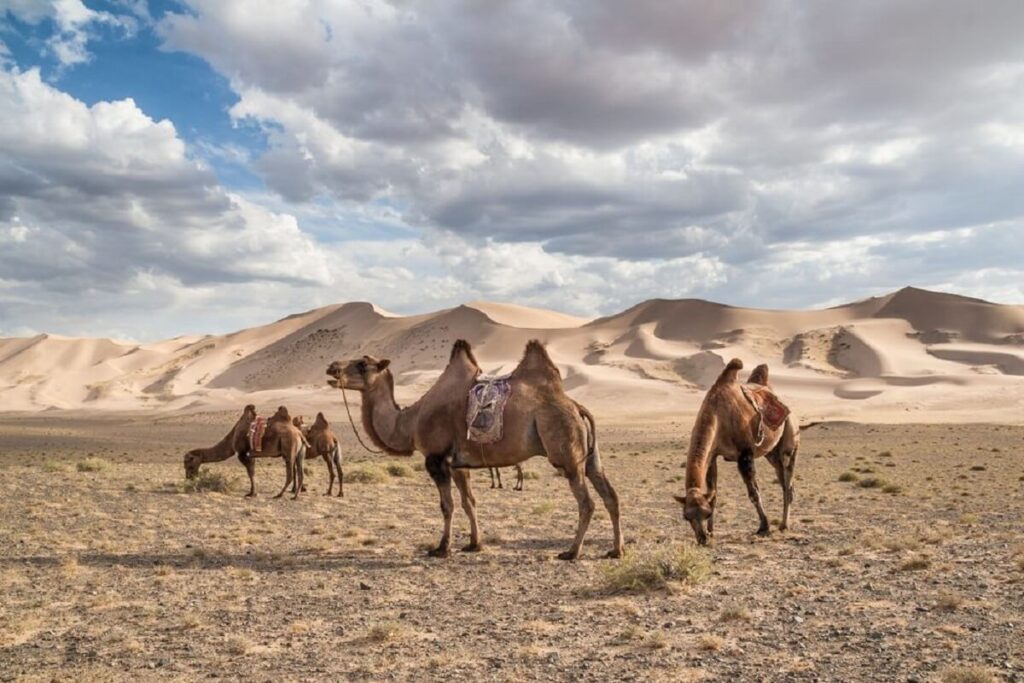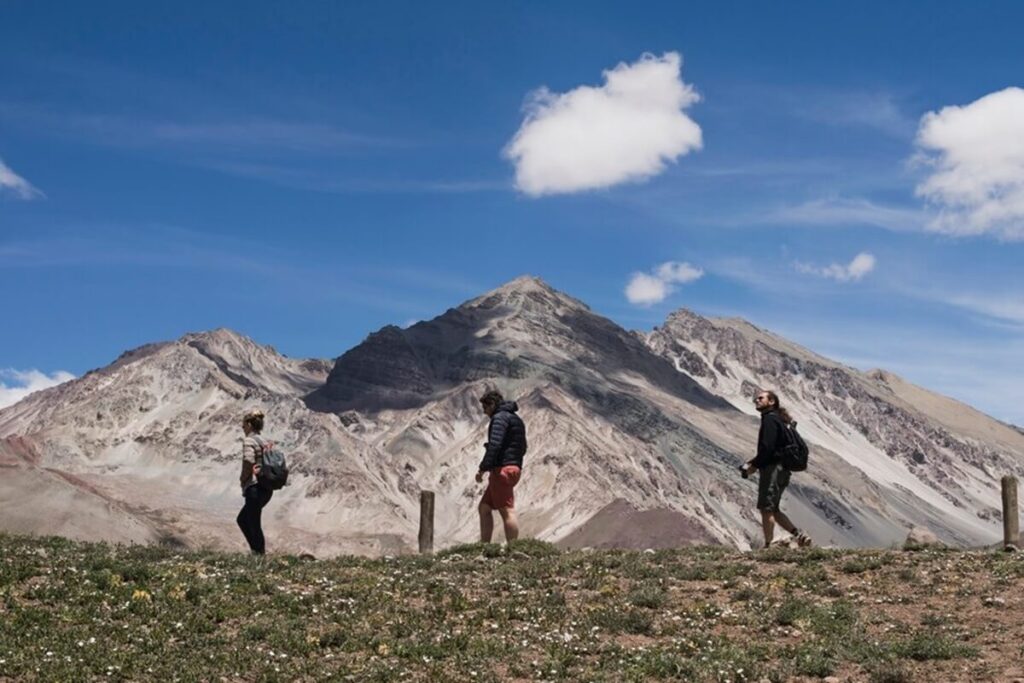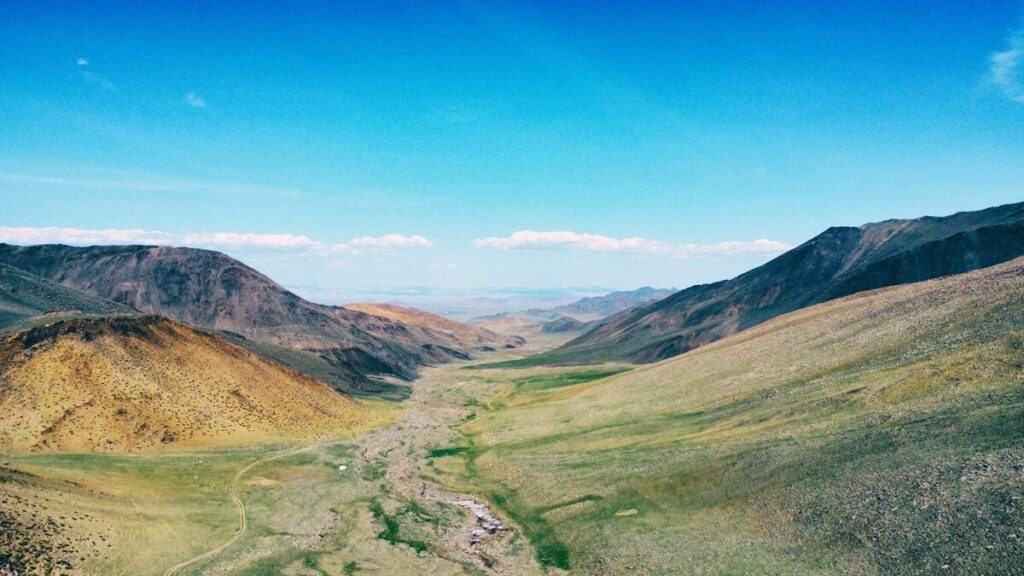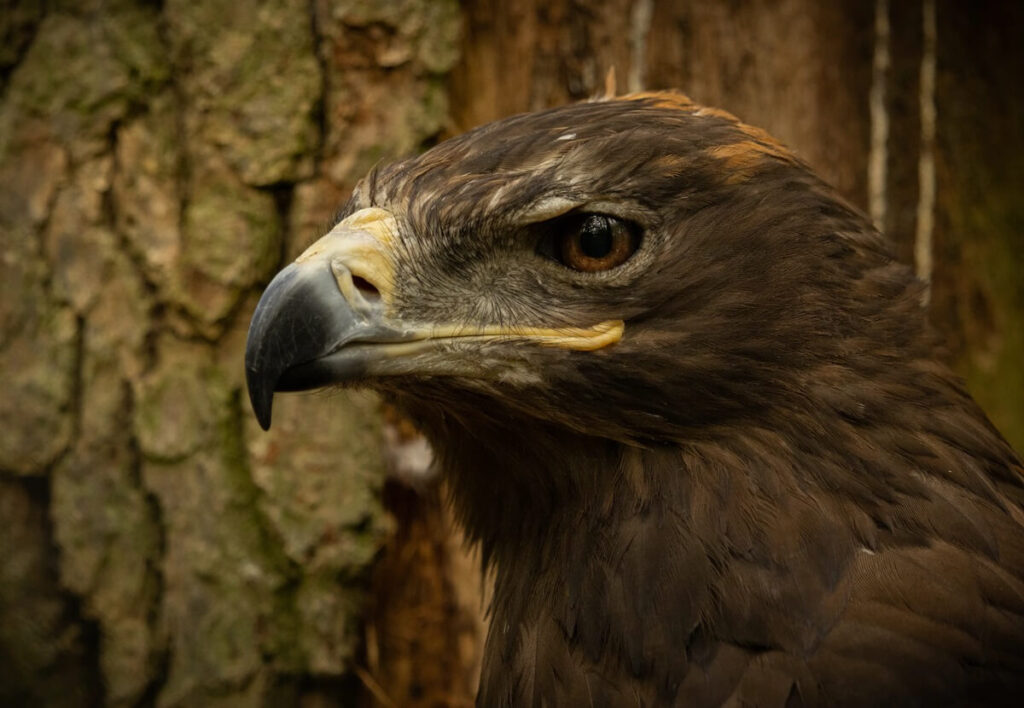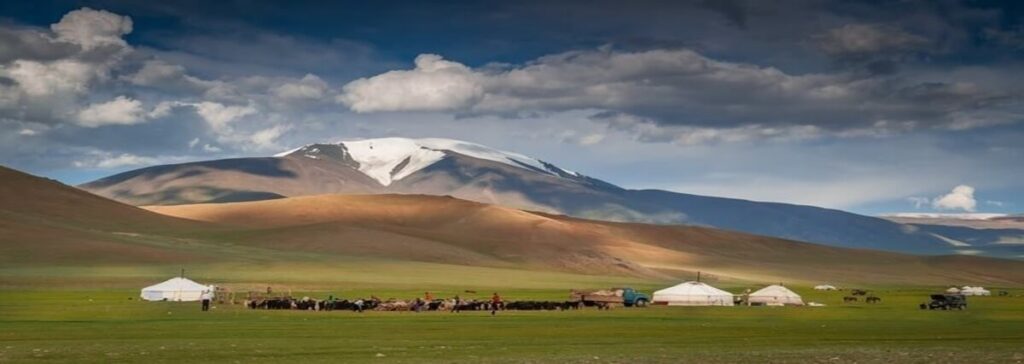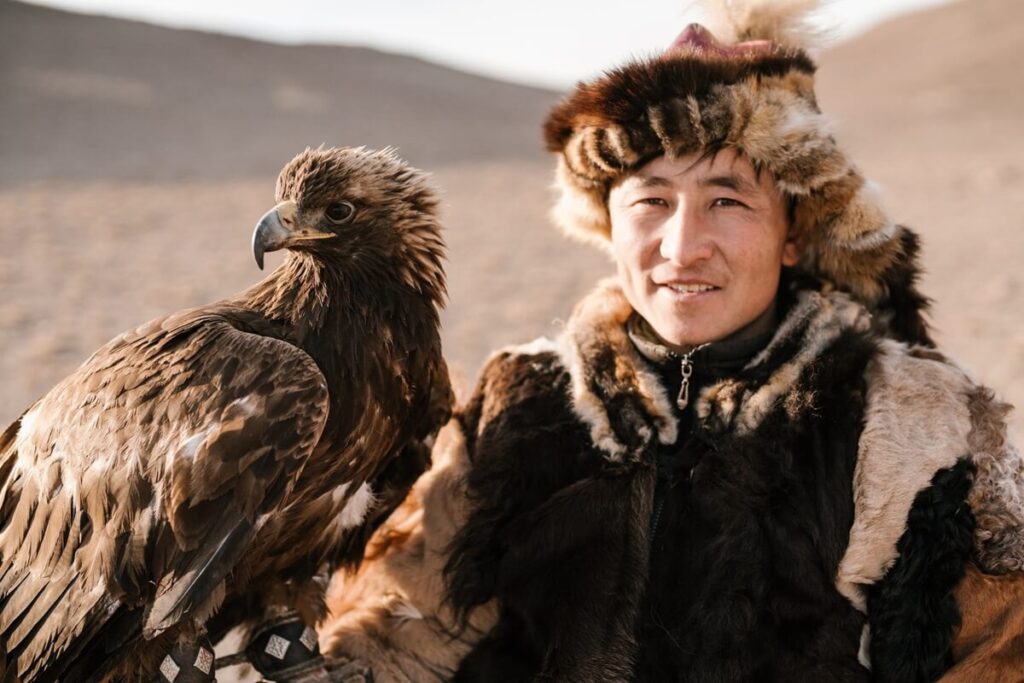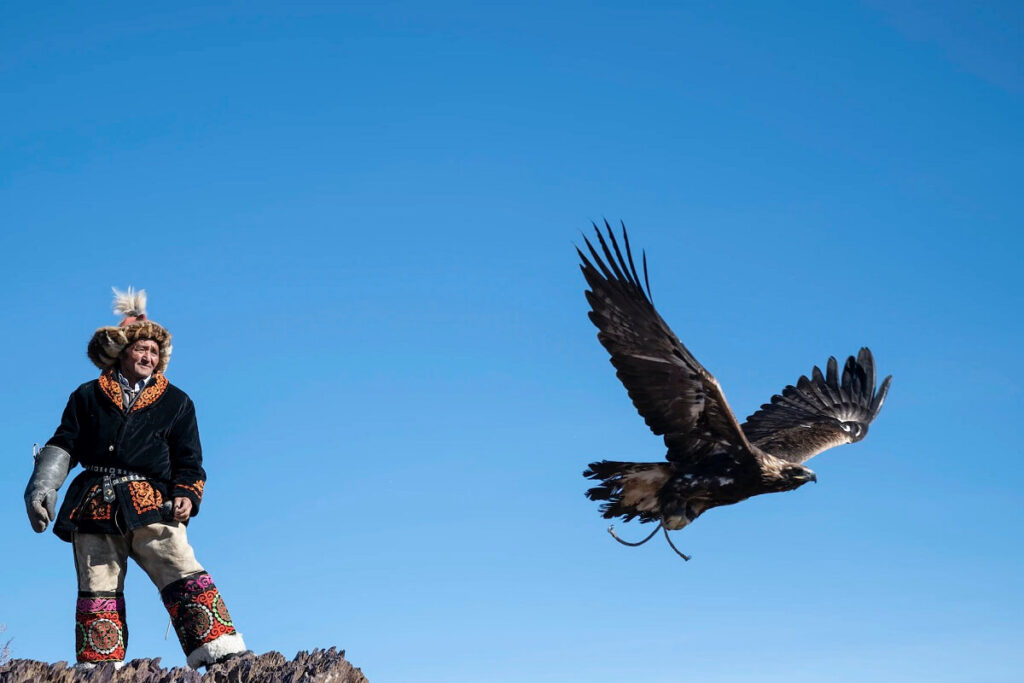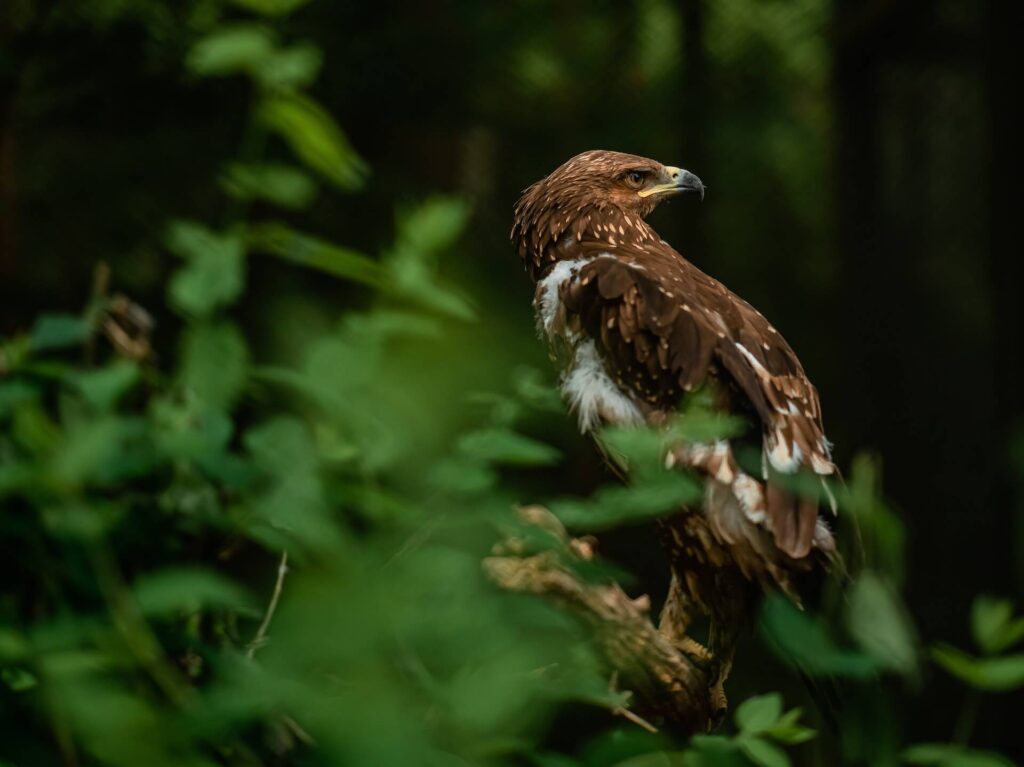The Gobi Desert, one of the world’s most fascinating landscapes, stretches across southern Mongolia and northern China.
While often imagined as a barren wasteland of sand dunes, the Gobi is actually a diverse ecosystem teeming with wildlife.
The desert’s rugged beauty is home to a range of species that have adapted to survive in its extreme conditions, from blazing summers to freezing winters. Exploring the Gobi Desert is not just a visual treat, but a journey into the lives of its resilient creatures.
We suggest you GOBI TOUR MONGOLIA. Tour itinerary includes visiting local herders and exploring more about nomadic lifestyle of the community. Come and Enjoy one of the best planned tours in Mongolia 🤩🤩
1. The Bactrian Camel: The Icon of the Gobi
Perhaps the most recognizable animal of the Gobi Desert is the Bactrian camel. With its distinctive two humps, the Bactrian camel is perfectly adapted to endure the harsh conditions of the desert.
Unlike its one-humped cousin, the dromedary, Bactrian camels have thick coats that protect them from both the scorching heat of the summer and the bitter cold of winter.
These camels can go for days without water and survive on sparse vegetation, making them indispensable to the nomadic herders of the region. They play a vital role in Mongolian culture, providing transportation, milk, wool, and meat to the local communities.
For travelers to the Gobi, witnessing these magnificent creatures in their natural habitat is a highlight of the journey.
2. The Elusive Snow Leopard: The Ghost of the Mountains
While not an animal you’re likely to encounter easily, the snow leopard calls the mountainous regions of the Gobi Desert home.
Known as the “ghost of the mountains” due to its elusive nature and incredible camouflage, this endangered species is one of the most sought-after sights for wildlife enthusiasts.
Snow leopards are perfectly adapted to the rocky terrain and high altitudes, with thick fur and powerful limbs to help them scale cliffs with ease.
They prey on ibex and wild sheep, blending into their surroundings as they silently stalk their next meal. Although snow leopards are rarely seen, their presence is a reminder of the Gobi’s rich biodiversity.
3. The Gobi Bear: One of the Rarest Bears on Earth
The Gobi bear, or Mazaalai, is one of the rarest and most endangered animals in the world. With fewer than 40 individuals remaining, this small population of bears is found only in a specific region of the Gobi Desert.
Unlike most bears, the Gobi bear is primarily herbivorous, feeding on plants, roots, and occasionally insects, as food is scarce in the desert.
Gobi bears have adapted to survive in an environment with very little water and extreme temperature fluctuations.
Their survival depends on the preservation of the fragile desert ecosystem, making them a symbol of conservation efforts in Mongolia.
4. Wild Ass (Khulan): The Desert Nomad
The Mongolian wild ass, known locally as khulan, roams the vast expanses of the Gobi Desert in search of water and vegetation. These wild relatives of the domestic donkey are known for their incredible stamina, covering vast distances in search of food and water.
Khulan live in herds and are highly social animals, often seen grazing in the early morning or late afternoon when temperatures are cooler.
Despite their resilience, the wild ass faces threats from poaching and habitat loss due to mining and human encroachment. Conservation efforts are ongoing to protect their dwindling populations and ensure that the khulan continues to thrive in the Gobi’s vast wilderness.
5. Golden Eagles: Masters of the Sky
The golden eagle is a majestic bird of prey that soars above the Gobi Desert’s rugged terrain. Known for their keen eyesight and impressive hunting abilities, golden eagles hunt small mammals like hares and marmots, as well as larger animals like foxes.
In Mongolia, the golden eagle is revered by the Kazakh eagle hunters of the western region, who have trained these birds for centuries to assist in hunting. While not confined to the Gobi, these eagles are a common sight, circling high in the desert skies as they search for prey.
6. Mongolian Gazelle: The Desert Sprinter
The Mongolian gazelle, also known as zeren, is a common sight in the Gobi Desert’s steppes. These graceful antelopes are known for their incredible speed and agility, which they use to escape predators like wolves and eagles. They travel in large herds, grazing on the desert’s sparse grasses and shrubs.
Mongolian gazelles migrate seasonally, covering hundreds of kilometers in search of fresh pastures. Despite their numbers, gazelles are vulnerable to habitat destruction and poaching, leading to a decline in population over the years.
7. Sand Plovers: Tiny Desert Survivors
Among the smaller creatures of the Gobi are birds like the sand plover, which can be spotted darting across the desert’s surface. These tiny birds feed on insects and small invertebrates, using their quick movements to catch prey.
Sand plovers have adapted to survive the extreme temperatures of the Gobi by nesting in the ground and blending into the desert sands for camouflage.
The Gobi Desert may seem like an inhospitable place at first glance, but it is home to a rich variety of wildlife that has evolved to thrive in one of the harshest environments on earth. From the majestic Bactrian camel to the rare Gobi bear, these animals represent the strength and resilience of nature.
For travelers, exploring the Gobi Desert is not only an opportunity to witness stunning landscapes but also to discover the incredible creatures that call it home.
Whether you’re trekking through the dunes or camping under the stars, the wildlife of the Gobi Desert will leave you in awe of the power of adaptation and survival.






